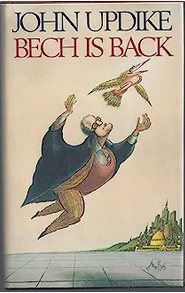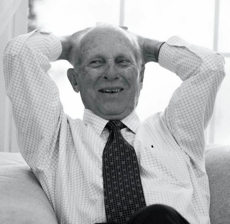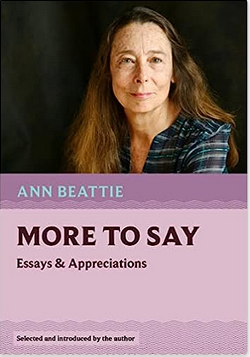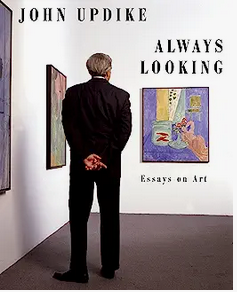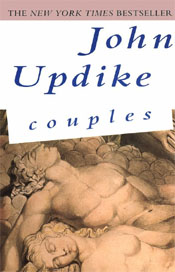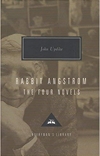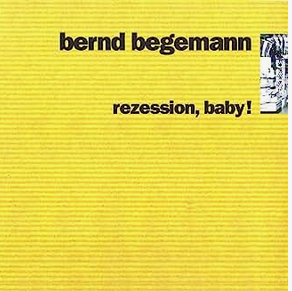In “The Definitive Ranking of Every Single Wes Anderson Character,” superfans Mark Asch, Charles Bramesco and Jesse Hassenberger took on the gargantuan job of considering how “Anderson collects things and people” and trying to assess the “many traits that make a Wes Anderson character memorable or quintessential to the filmmaker’s project—intellectual curiosity, reckless rambunctiousness, melancholy that clings like a fog, lovable selfishness, epigrammatic wit, sartorial fastidiousness, facial symmetry—” and rank the characters.
“One recurring theme of these blurbs will prove to be family; another will prove to be the lure of the past for Anderson and his characters. Meanwhile, a recurring theme of all the horrible A.I. art generated from a ‘[X] directed by Wes Anderson’ prompt that you may have seen chumming your Twitter feed recently is visual symmetry. In ‘The Guardians,’ a 2001 short story by John Updike, the protagonist, raised by two parents and two grandparents, ‘felt the four adults as sides of a perfect square, with a diagonal from each corner to a central point. He was that point, protected on all sides, loved from every direction.’ We meet many of Anderson’s characters already in mourning, sensing love’s enveloping geometry thrown out of balance, and seeking a return to the symmetry of their once-intact families. Everything is in its right place in every one of Anderson’s shots, but these ghosts [The Dead: Chas’s wife in The Royal Tenenbaums, Auggie’s wife in Asteroid City, Max’s mom in Rushmore, the Whitman patriarch in The Darjeeling Limited; Esteban in The Life Aquatic, everyone, eventually] remind us that this, too, is a temporary state.”


